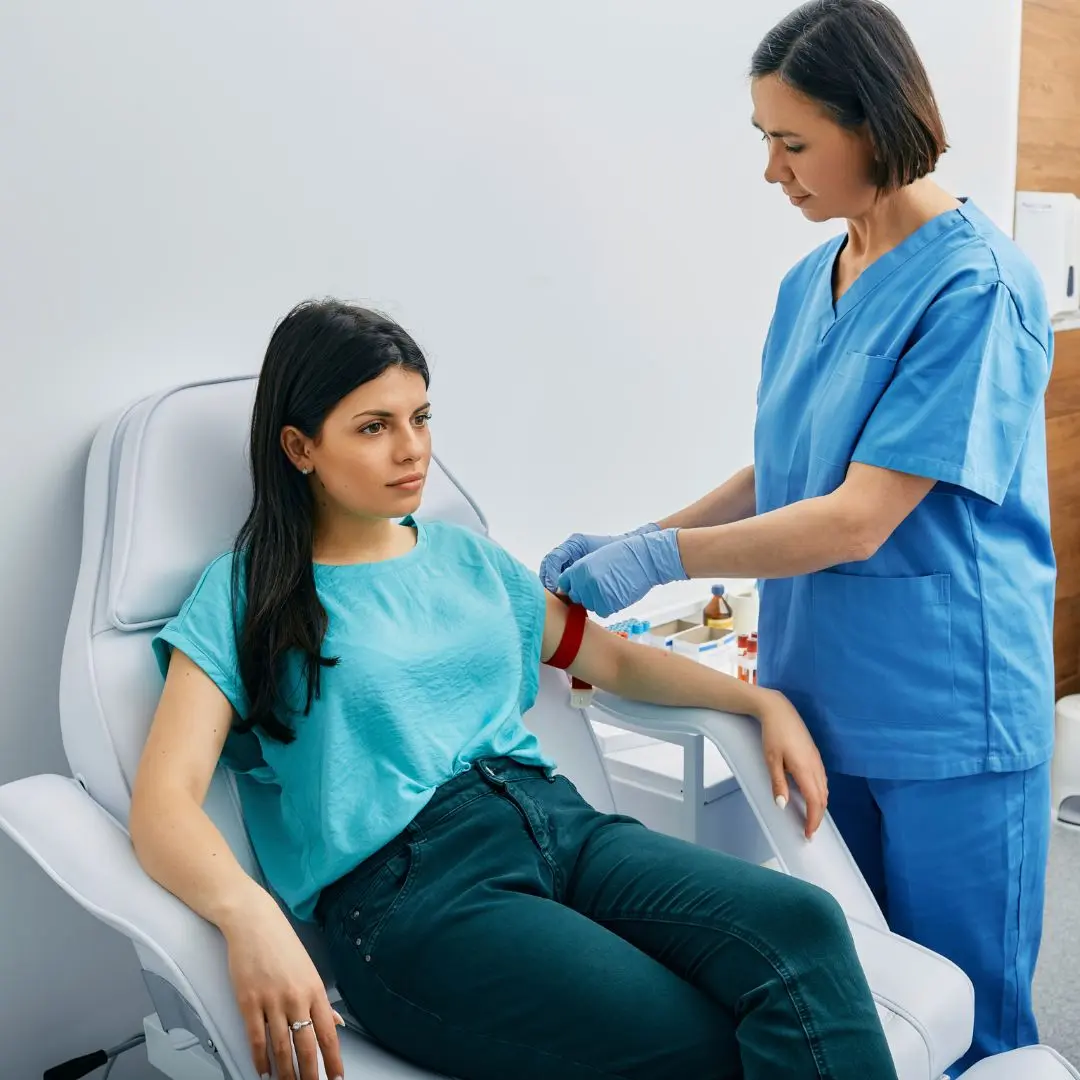Care coordination is a pivotal aspect of the healthcare system, aiming to deliver organized and efficient care to patients.

Blog
The Ultimate Guide to Care Coordination: Enhancing Patient Care and Outcomes
Care coordination involves the deliberate organization of patient care activities and sharing information among all participants concerned with a patient's care to achieve safer and more effective care. This process helps ensure that the patient’s needs and preferences are met with respect to health services and information sharing across individuals, functions, and sites over time.
A clinical care coordinator is a healthcare professional dedicated to ensuring patients receive comprehensive and cohesive care. They navigate patients through the healthcare system, from scheduling appointments to follow-up after discharge, thus playing a crucial role in enhancing patient outcomes.
Health care coordinators focus on patient planning, communication, and advocacy. They ensure that care plans are followed, information is communicated between healthcare providers, and patients' rights and preferences are respected.
Prime care coordination practices involve collaborative efforts among healthcare providers to streamline care delivery. This model emphasizes the importance of communication, patient engagement, and the use of technology to manage patients' health effectively.
Successful patient care coordination strategies include developing clear care plans, employing technology for better communication, and regular monitoring of patients' progress. These strategies ensure that all healthcare providers are on the same page regarding the patient’s care.
Challenges in care coordination include fragmented healthcare systems, lack of communication, and varying levels of access to technology. Solutions involve improving interoperability among healthcare IT systems, fostering a culture of collaboration, and training care coordinators in effective communication and technology use.
The future of coordinated care looks promising, with advancements in technology such as electronic health records (EHRs) and telehealth services. These tools can enhance communication and information sharing, leading to more integrated and patient-centered care.
Real-world examples demonstrate the significant impact of effective care coordination on patient outcomes. For instance, coordinated care models have been shown to reduce hospital readmissions, improve patient satisfaction, and lower healthcare costs.
Care coordination is essential for a high-functioning healthcare system, aiming to improve patient outcomes and satisfaction while reducing healthcare costs. By addressing the challenges and implementing effective strategies, healthcare providers can enhance the quality of care delivery.
A clinical care coordinator is a healthcare professional dedicated to ensuring patients receive comprehensive and cohesive care. They navigate patients through the healthcare system, from scheduling appointments to follow-up after discharge, thus playing a crucial role in enhancing patient outcomes.
Health care coordinators focus on patient planning, communication, and advocacy. They ensure that care plans are followed, information is communicated between healthcare providers, and patients' rights and preferences are respected.
Challenges in care coordination include fragmented healthcare systems, lack of communication, and varying levels of access to technology. Solutions involve improving interoperability among healthcare IT systems, fostering a culture of collaboration, and training care coordinators in effective communication and technology use.
Need Personalized Health Guidance?
Get expert advice tailored to your specific health needs from our qualified healthcare professionals.




